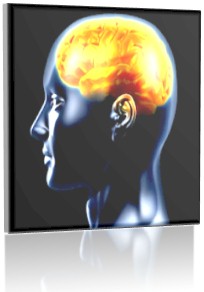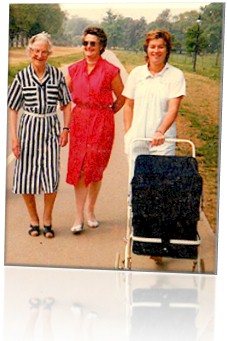| |
|
|
|
|
|
|
|
|
|
|
|
|
| |
|
|
|
|
NEUROLOGICAL REHABILITATION
|
|
|
|
|
| |
|
|
“Rehabilitare” -
To Make Fit Again |
|
|
|
|
|
|
|
|
|
|
|
|
|
|
|
|
| |
 |
|
If you search for a definition of 'rehabilitation' on the internet
you are sent thousands of sites to look at. Ask for
“rehabilitation” and there are millions of sites. So it can be
a complex and perplexing area of medicine. One definition is
“The process of restoration of skills by a person who has had an
illness or injury so as to regain maximum self-sufficiency and
function in a normal or as near normal manner as possible”. Medical
rehabilitation is an active process to reduce the effects of
“disease” on daily life.
I prefer the simpler statement “To protect or restore personal and
social identity”. Any neurological disorder has a profound effect,
not only on the Patient, but also family and friends, therefore any
form of rehabilitation should incorporate all aspects of the
patient's life – another reason why domiciliary physiotherapy can be
so useful.
|
|
|
| |
|
|
 |
|
| |
|
|
|
|
|
|
|
|
| |
|
Rehabilitation is not
achieved by doing something to somebody. It involves a process
of change in which the person concerned participates.
Neurological physiotherapy is a detective story; a complex mixture
of the past and present history of the patient.
The daily interactions with family, carers and friends all play a
part so that monitored goals can be achieved, to maximise abilities
and reduce de-motivating emotions
|
|
| |
|
|
|
|
|
|
|
|
|
|
|
|
|
|
|
|
|
|
|
|
|
| |
|
|
|
Click here to see details of the
NEUROLOGICAL
DISORDERS |
|